An Introduction to UPSC: Your Guide to the UPSC Exam: A Pathway to Indian Civil Services
Dreaming of a career in the Indian Civil Services, such as the Indian Administrative Service (IAS), Indian Police Service (IPS), or Indian
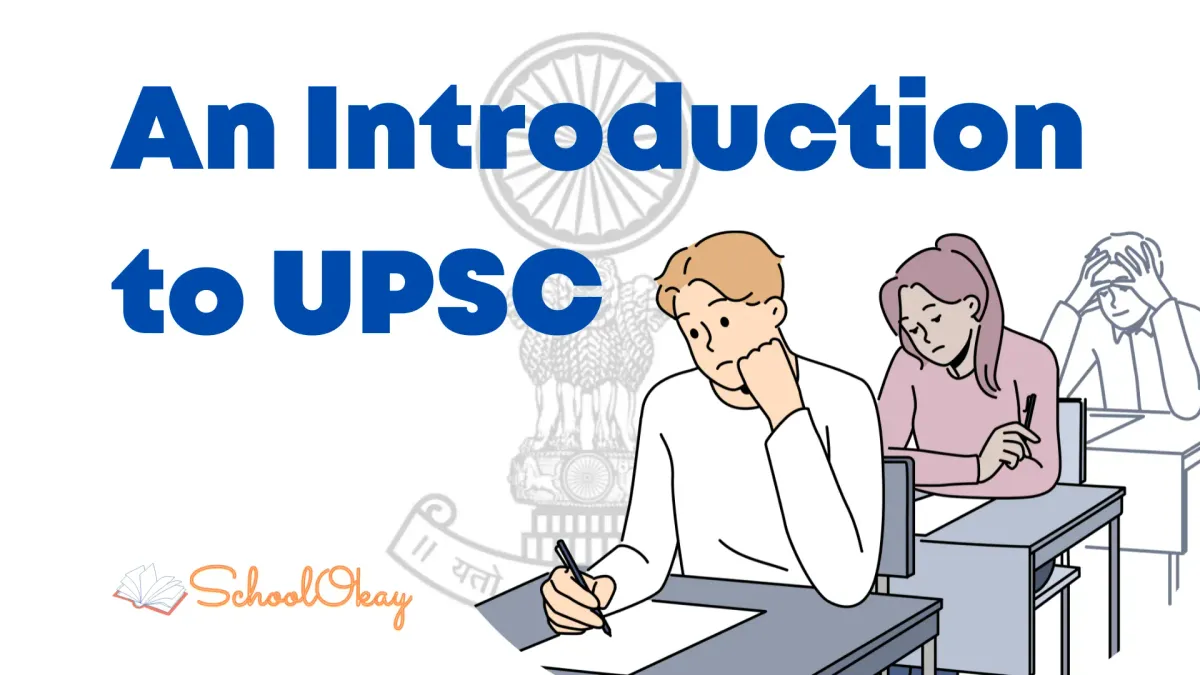
Dreaming of a career in the Indian Civil Services, such as the Indian Administrative Service (IAS), Indian Police Service (IPS), or Indian Foreign Service (IFS)? The Union Public Service Commission (UPSC) exam is your starting point. This prestigious and highly competitive exam, conducted by the UPSC, recruits candidates for various government roles in India. This guide provides a comprehensive overview of the UPSC exam, including its structure, types, eligibility, and preparation insights.
What is UPSC?
The Union Public Service Commission (UPSC) is India’s central agency responsible for conducting competitive examinations to recruit candidates for civil service positions. Established on October 1, 1926, as the Public Service Commission, it was renamed UPSC after the Indian Constitution came into effect on January 26, 1950. The UPSC oversees exams for roles like IAS, IPS, IFS, Indian Revenue Service (IRS), and more.
The Civil Services Examination (CSE), often referred to as the IAS exam, is the flagship UPSC exam. It is one of India’s most challenging and prestigious tests, designed to select the best candidates for administrative and governance roles.
Importance of UPSC Exams
UPSC exams are critical to India’s administrative framework, recruiting officers for key services that ensure the smooth functioning of the government. These include:
- Indian Administrative Service (IAS): Top-tier administrative roles.
- Indian Police Service (IPS): Law enforcement and public safety.
- Indian Foreign Service (IFS): Diplomacy and international relations.
- Indian Revenue Service (IRS): Tax administration.
- Other services like Indian Postal Service, Indian Forest Service, and more.
The exams’ rigorous selection process ensures only the most capable candidates are chosen, making UPSC a hallmark of excellence in India.
History of UPSC
The concept of a civil service exam in India began in 1854 under the British East India Company, with exams initially held only in London. The first Indian to pass was Shri Satyendranath Tagore in 1864. After the Montagu-Chelmsford reforms, exams were conducted in India. The Public Service Commission was established in 1926, with Sir Ross Barker as its first Chairman. Post-independence, it became the UPSC, tasked with conducting government job exams.
Structure of the UPSC Civil Services Examination (CSE)
The CSE is conducted in three stages:
- Preliminary Examination (Prelims):
- Format: Two objective-type papers.
- Papers:
- General Studies Paper I: Covers Indian History, Geography, Economy, Polity, Environment, and Current Affairs.
- General Studies Paper II (CSAT): Tests analytical skills, comprehension, decision-making, and problem-solving.
- Purpose: Qualifying stage; only marks from Paper I count toward advancing to Mains.
- Main Examination (Mains):
- Format: Nine subjective papers.
- Papers:
- Compulsory Papers (7): Essay, General Studies I, II, III, IV, Indian Language, English Language.
- Optional Papers (2): Chosen by candidates based on interest or academic background.
- Purpose: Tests in-depth knowledge and writing skills.
- Personality Test (Interview):
- Format: Conducted by a UPSC-appointed board.
- Focus: Assesses personality, communication skills, and suitability for civil services.
- Purpose: Final evaluation before selection.
Types of UPSC Exams
Beyond the CSE, UPSC conducts several other exams for various government roles. Below is a summary:
- Indian Forest Service (IFS):
- Eligibility: Bachelor’s degree in Animal Husbandry, Veterinary Science, Botany, Chemistry, Geology, Mathematics, Physics, Statistics, Zoology, Agriculture, Forestry, or Engineering.
- Age: 21–32 years.
- Process: Shares Prelims with CSE, followed by Mains and Interview.
- Indian Economic Service (IES) / Indian Statistical Service (ISS):
- Eligibility:
- IES: Postgraduate degree in Economics, Applied Economics, or Business Economics.
- ISS: Bachelor’s/Master’s degree in Statistics, Mathematical Statistics, or Applied Statistics.
- Age: 21–30 years.
- Process: Written exam and interview.
- Eligibility:
- Combined Defence Services (CDS):
- Eligibility: Bachelor’s degree.
- Age: 19–25 years.
- Purpose: Recruits for the Indian Army, Navy, and Air Force.
- Process: Written exam and interview.
- National Defence Academy (NDA) / Naval Academy (NA):
- Eligibility: 10+2 certificate (Physics and Mathematics for NA).
- Age: 16.5–19.5 years.
- Purpose: Recruits for the Army, Navy, and Air Force.
- Process: Written exam and interview.
- Engineering Services Examination (ESE):
- Eligibility: Bachelor’s degree in Engineering.
- Age: 21–30 years.
- Purpose: Recruits for engineering departments.
- Process: Written exam and interview.
- Combined Medical Services Examination (CMSE):
- Eligibility: Medical degree.
- Age: Up to 32 years.
- Purpose: Recruits for medical departments.
- Process: Written exam and interview.
- Central Armed Police Forces (CAPF):
- Eligibility: Bachelor’s degree.
- Age: 20–25 years.
- Purpose: Recruits for BSF, CRPF, ITBP, etc.
- Process: Written exam and interview.
- Special Class Railway Apprentice (SCRA):
- Eligibility: 10+2 with Physics and Mathematics.
- Age: 17–21 years.
- Purpose: Recruits for Indian Railways.
- Process: Written exam and interview.
Nature of UPSC Exams
UPSC exams are renowned for their rigor and comprehensive scope. Key characteristics include:
- Syllabus: Vast, covering History, Geography, Polity, Economics, Science, Technology, and Current Affairs.
- Pattern: Multi-stage (Prelims: objective; Mains: subjective; Interview: personality-based).
- Difficulty: High, requiring strong knowledge, analytical skills, and time management.
- Selection Process: Candidates must clear each stage (Prelims, Mains, Interview) to be selected, with final rankings based on cumulative performance.
Functioning of UPSC
- Eligibility Criteria:
- Nationality: Indian citizen.
- Age: 21–32 years for CSE (relaxations for reserved categories).
- Education: Bachelor’s degree from a recognized university.
- Application Process:
- Apply online via the UPSC website.
- Submit forms, pay fees, and upload documents.
- Examination Schedule:
- UPSC releases an annual calendar on its website, detailing exam dates and deadlines.
- Results and Selection:
- Results for each stage are published online.
- Candidates qualifying each stage advance to the next, with final selection based on overall performance.
How to Prepare for UPSC Exams
- Understand the Syllabus and Pattern: Familiarize yourself with the exam structure and topics.
- Study Resources: Use standard books, newspapers (e.g., The Hindu), and online platforms for current affairs.
- Time Management: Create a study schedule to cover the vast syllabus.
- Practice: Solve previous years’ papers and take mock tests for Prelims and Mains.
- Optional Subject: Choose a subject you’re comfortable with for Mains.
- Coaching (Optional): Consider reputed institutes for structured guidance.
Recommended Reading:
- Best UPSC institutes for IAS preparation.
- Detailed guides on UPSC Prelims, Mains, and Interview.
- Books on strategic management for leadership insights.
Conclusion
The UPSC exam is a gateway to a rewarding career in India’s civil services. Its challenging nature demands dedication, strategic preparation, and a strong academic foundation. By understanding the exam’s structure, eligibility, and preparation strategies, you can take the first step toward achieving your civil services dream. Stay updated via the UPSC website, and consider subscribing to blogs or newsletters for tips and updates.
This rearranged version organizes the information into clear sections, eliminates redundancy, and emphasizes key points for aspiring candidates. Let me know if you need further refinements or specific additions!
Here are other articles you must read:
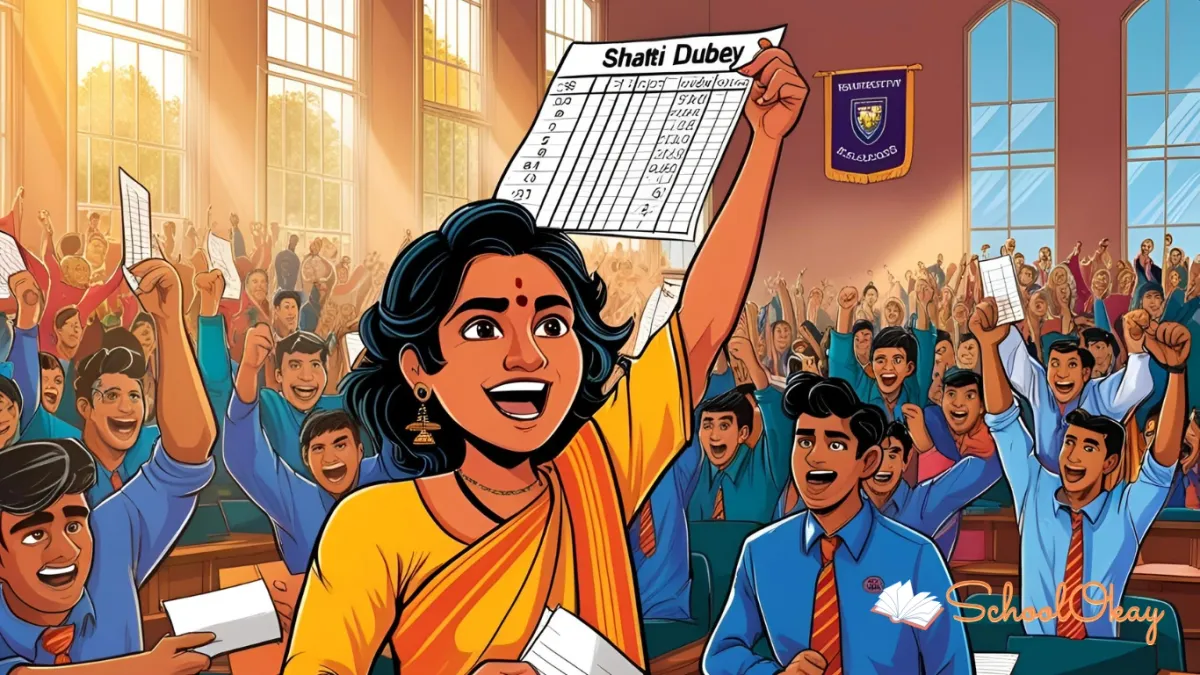
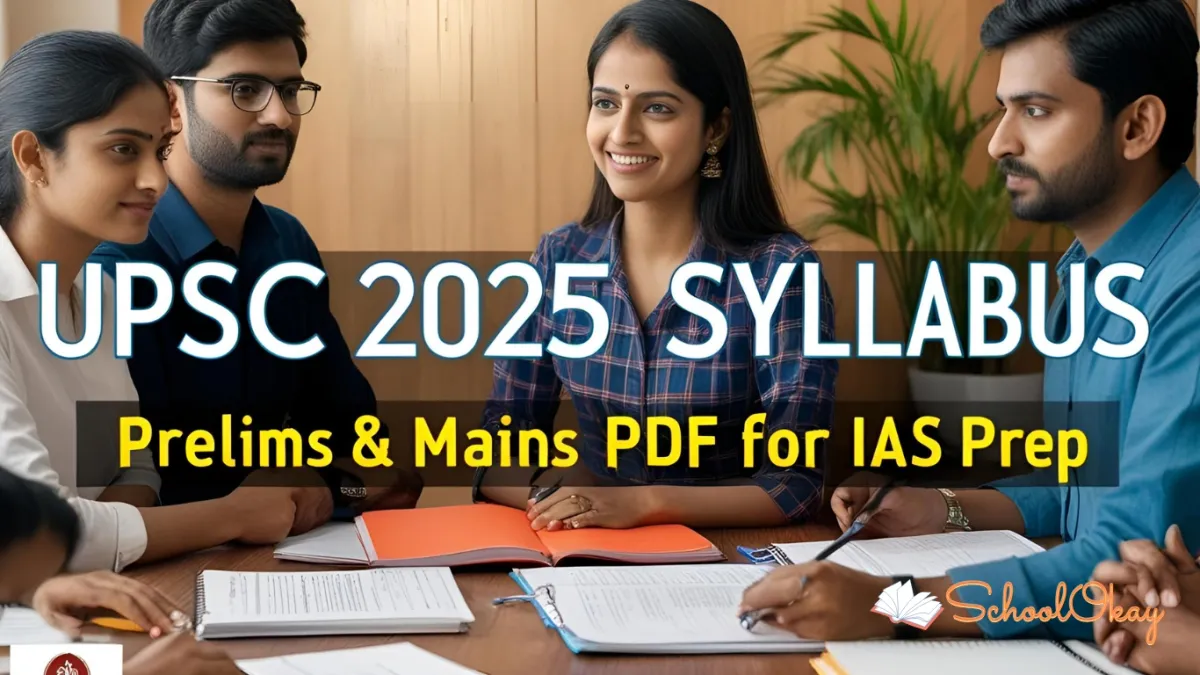
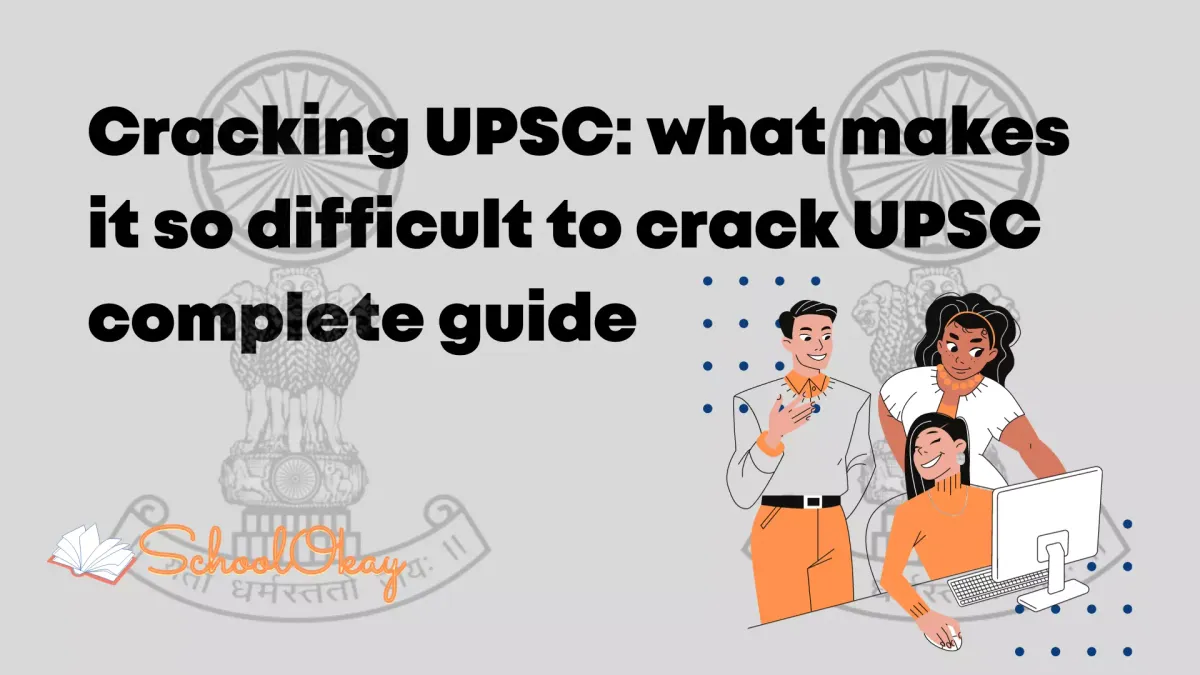
Share and subscribe to the blog by email.




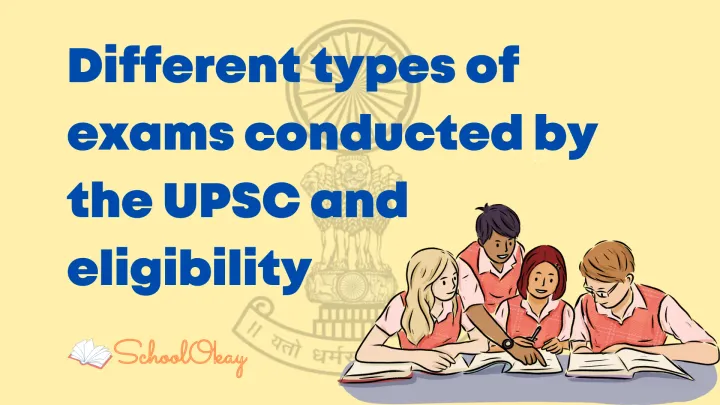


Comments ()